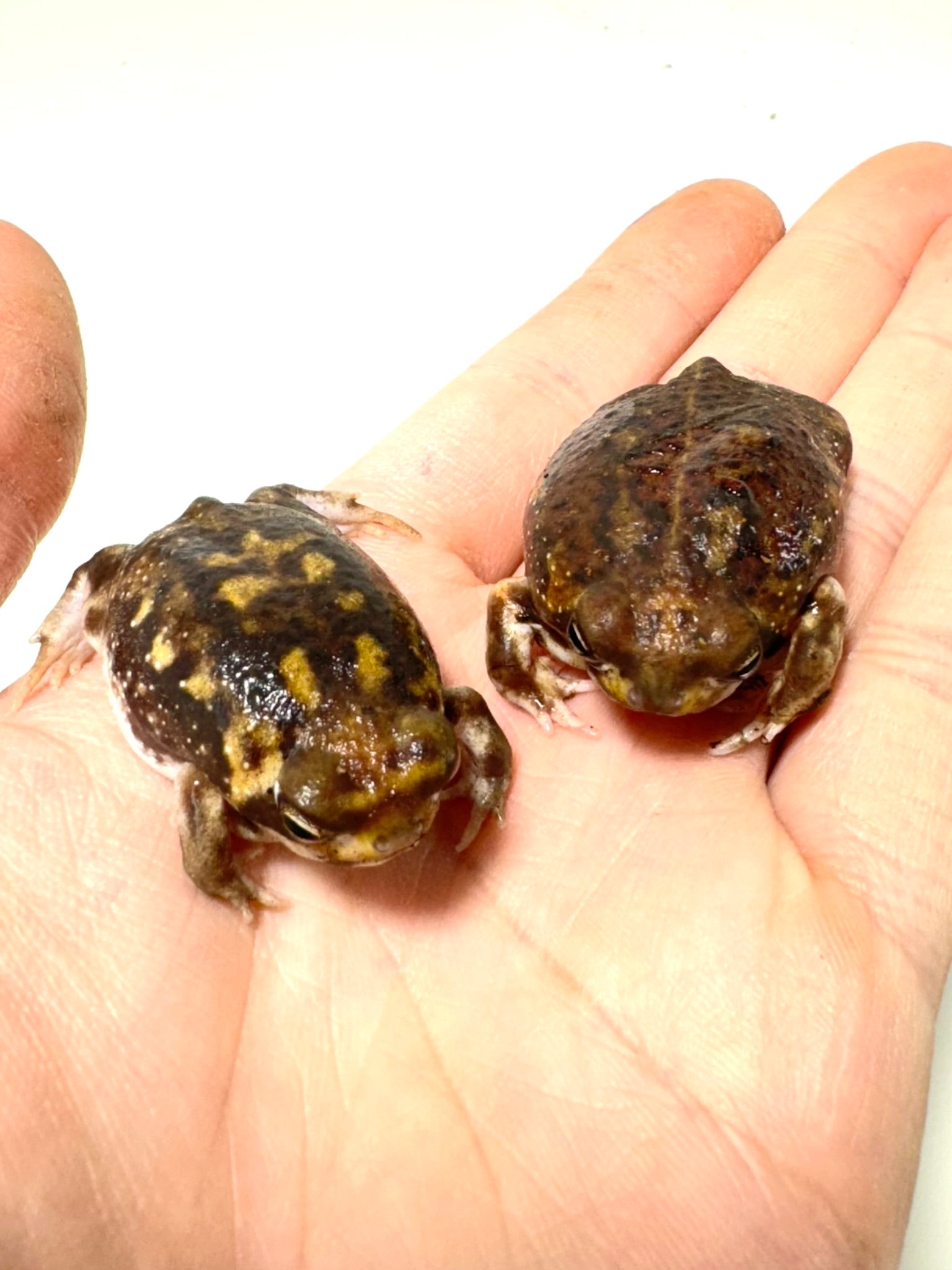Rain Frog for Sale: Check Out Unusual Amphibian Pet Dogs at Unbeatable Prices!
Rain Frog for Sale: Check Out Unusual Amphibian Pet Dogs at Unbeatable Prices!
Blog Article
Common Health Issues in Reptiles: Symptoms and Solutions
In the detailed world of reptile care, recognizing the common health and wellness issues that may affect these special creatures is critical in guaranteeing their well-being. Whether it's grappling with parasitic infestations, browsing dehydration concerns, or attending to skin conditions that manifest in refined ways, being attuned to the signs and geared up with the understanding of reliable solutions is essential for any type of reptile owner.
Breathing Infections
Respiratory system infections in reptiles can considerably influence their overall wellness and need timely interest from skilled veterinarians. These infections are frequently brought on by infections, germs, or fungis and can manifest through symptoms such as hissing, nasal discharge, open-mouth breathing, and lethargy. In reptiles, breathing infections can be specifically testing to detect and treat as a result of their distinct composition and physiology. Vets commonly count on a combination of health examinations, analysis imaging, and research laboratory examinations to precisely determine the underlying root cause of the infection.
Therapy for respiratory infections in reptiles generally involves a combination of helpful care, such as preserving appropriate humidity levels and temperature slopes in the unit, as well as targeted drug to attend to the details virus in charge of the infection. It is important for reptile owners to check their animals very closely for any indicators of respiratory distress and look for vet treatment at the earliest indicator of an issue. With prompt intervention and proper therapy, numerous reptiles can recover totally from respiratory system infections and return to typical activities.
Metabolic Bone Condition
What factors add to the growth of Metabolic Bone Illness in reptiles?
Metabolic Bone Condition (MBD) in reptiles is largely brought on by a lack of correct calcium, phosphorus, and vitamin D3 levels in their diet regimen. When reptiles do not receive ample calcium, either via their food or proper UVB exposure for vitamin D3 synthesis, they are at a high danger of creating MBD. Reptiles with diets reduced in calcium or unbalanced calcium to phosphorus proportions are especially susceptible. Furthermore, poor exposure to UVB light protects against reptiles from synthesizing vitamin D3, which is crucial for calcium absorption and bone wellness.
Various other contributing aspects to MBD consist of inappropriate temperature level slopes within the reptile's habitat, resulting in decreased metabolic process and impaired calcium absorption. Insufficient moisture degrees can likewise affect a reptile's ability to metabolize calcium properly. Particular reptile types have certain nutritional demands that, if not met, can increase the probability of developing MBD. Normal vet exams, correct husbandry methods, and a balanced diet are important to prevent Metabolic Bone Disease in reptiles.
Parasitical Invasions
Parasitical invasions position a substantial health threat to reptiles, affecting their overall well-being and needing timely veterinary focus. Reptiles can be affected by numerous bloodsuckers, consisting of termites, ticks, inner worms, and protozoa. These parasites can cause a variety of symptoms, such as weight management, lethargy, skin irritability, looseness of the bowels, and also fatality if left unattended.
One common parasite discovered in reptiles is the mite, which can create skin stress, inflammation, and anemia. Ticks are an additional exterior bloodsucker that can send conditions and trigger pain to the reptile. Interior bloodsuckers like worms and protozoa can result in digestion problems, malnutrition, and damage the reptile's immune system.
To detect a parasitic problem, a vet might do fecal tests, skin scrapings, or blood tests. Treatment often includes deworming medicines, antiparasitic bathrooms, or in severe cases, a hospital stay. Preventative procedures such as normal veterinary examinations, correct health, and quarantine check here treatments for new reptiles can aid decrease the risk of parasitical invasions and ensure the well-being of reptile family pets.
Dehydration and Hydration Issues
Dehydration in reptiles can substantially impact their health and wellness, demanding timely treatment and proper hydration monitoring. Reptiles are susceptible to dehydration because of numerous variables such as insufficient water consumption, high environmental temperature levels, and certain health and wellness conditions. Signs of dehydration in reptiles include sunken eyes, sleepiness, loss of skin flexibility, and minimized peeing. If left unattended, dehydration can result in severe health issues and even be deadly to the reptile.
To stop dehydration, reptile owners need to guarantee that their family pets have access to clean water in any way times. The water recipe should be large enough for the reptile to saturate in if needed, particularly for species that absorb water through their skin. Additionally, maintaining appropriate moisture degrees in the reptile's unit and providing normal bathrooms can aid my company stop dehydration.
In cases of dehydration, it is crucial to look for veterinary care without delay. A veterinarian may provide fluids either orally or with injections to rehydrate the reptile. It is essential to resolve the underlying root cause of dehydration to avoid recurrence and guarantee the reptile's overall well-being.
Skin Conditions

Conclusion

Breathing infections in reptiles can significantly affect their general health and call for timely focus from seasoned vets (rain frog for sale). Preventative actions such as normal veterinary check-ups, appropriate health, and quarantine procedures for brand-new reptiles can help decrease the risk of parasitic infestations and make sure the wellness of reptile animals
If left neglected, dehydration can lead to major health problems and also be deadly to the reptile.
On a regular basis evaluating your reptile for any adjustments in skin appearance, look, or shade can aid in early discovery and treatment of skin conditions, promoting the general wellness and wellness of your scaly friend. - rain frog for sale
In final thought, reptiles are susceptible to different health and wellness problems such as respiratory system infections, metabolic bone illness, parasitic problems, dehydration, and skin disorders.
Report this page